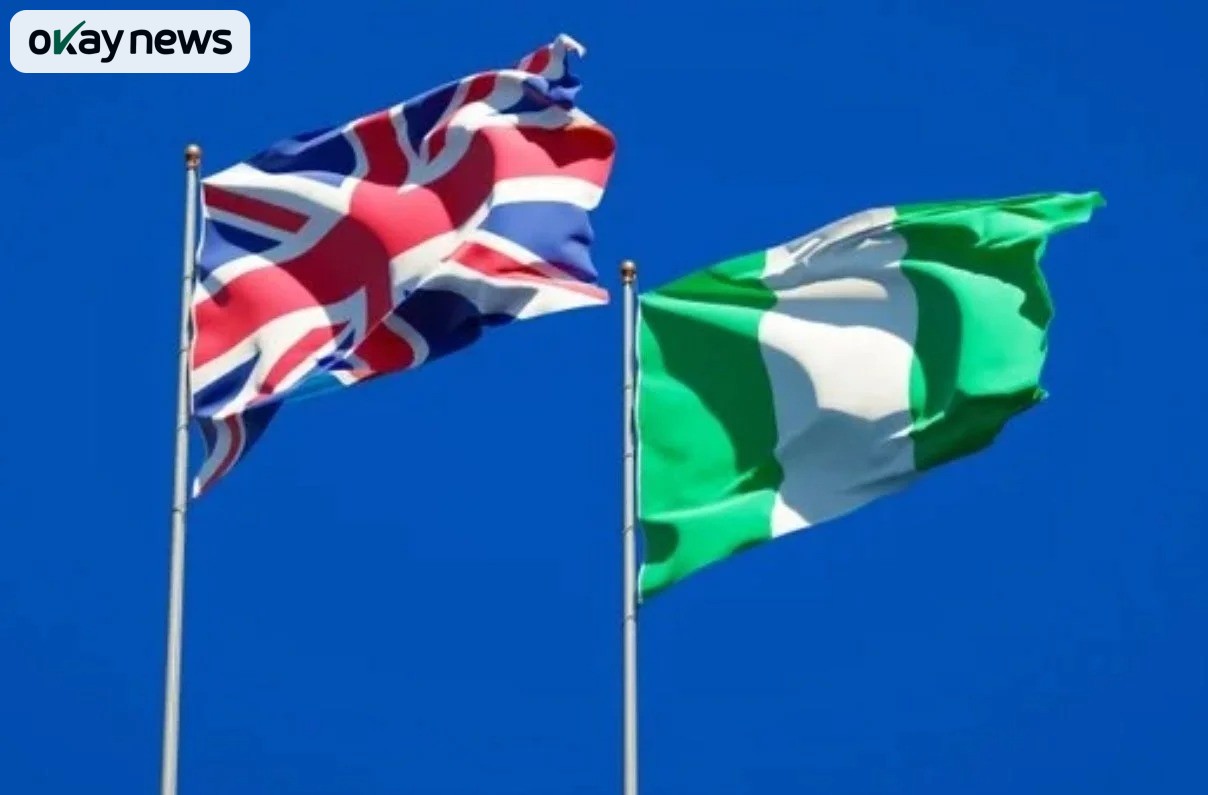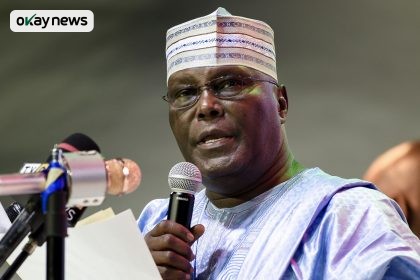Refined oil exports from the United Kingdom to Nigeria surged to £1.5 billion in the four quarters ending June 2025, accounting for nearly 69% of total UK goods exports to Nigeria. This marks a 62.8% year-on-year increase, according to the latest UK–Nigeria Trade and Investment Factsheet released by the UK Department for Business and Trade.
Overall, bilateral trade between the two countries rose to £8 billion, up 11.1% from the previous year. UK exports to Nigeria climbed by 12.3% to £5.6 billion, while imports from Nigeria grew by 8.2% to £2.3 billion. Despite the growth, the UK maintained a trade surplus of £3.3 billion, driven largely by refined oil, industrial machinery, and services.
Refined oil led UK exports, followed by toilet and cleansing products (£55.8m), industrial machinery (£42.7m), textile fabrics (£40.1m), and mechanical power generators (£35.1m). Goods exports rose by 43.5%, while services exports dipped slightly by 1.1%.
On Nigeria’s side, crude oil remained the top export to the UK at £1.3 billion, representing 73.1% of total goods shipped. Refined oil exports reached £223.8 million, and gas exports surged 75% to £167.8 million—making it the fastest-growing category. Other exports included beverages and tobacco (£14.6m) and plastics (£12.8m).
The Dangote Petroleum Refinery, with its 650,000 bpd capacity and plans to double output, is reshaping Nigeria’s export profile by enabling refined product exports. However, the landscape is set to shift again following President Bola Tinubu’s approval of a 15% import levy on petrol and diesel. The levy, aimed at protecting domestic refining, is expected to raise the landed cost of imported fuel by nearly ₦100 per litre.
While the policy could boost local refineries and government revenue, critics warn it may worsen economic hardship by driving up pump prices. Industry experts remain divided, with some viewing the levy as a strategic move to stabilize supply and strengthen Nigeria’s refining sector, while others question its timing and potential inflationary impact.
Despite robust trade figures, investment flows between the UK and Nigeria weakened. UK foreign direct investment in Nigeria fell 24.7% to £385 million, while Nigerian investment in the UK dropped 41.2% to £489 million. London and the South East of England accounted for the bulk of UK exports to Nigeria, underscoring regional concentration in trade activity.
The UK’s market share in Nigeria rose to 11% in 2024, up from 9.7%, with its share of Nigeria’s total goods imports increasing to 5.2%. However, with Nigeria’s refining capacity expanding and protectionist policies taking shape, the future of UK fuel exports to Nigeria may face significant headwinds.







